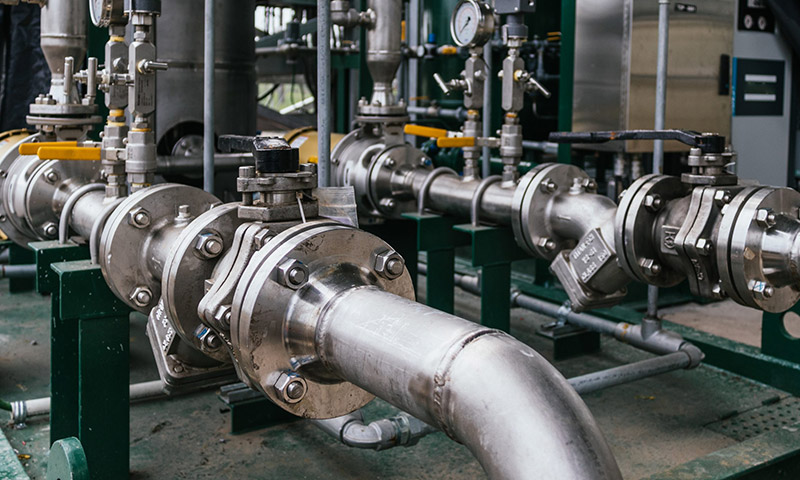Finding the right gasket material can be a challenge. In just the compressed fibre range alone, theirs a huge variety (we have about 50!).
Pressure, temperature and, often, the need for specific approvals all play a role in selection. Price too.
One key requirement we see over and over again is for a fibre gasket sheet suitable for use with drinking water. More specifically; one approved to Australian Standards AS/NZS 4020-2018.
For many of these applications; a great option is our Style 2500 Gasket Sheeting from Garlock. In this post we explain some of the reasons why.

An Economical Gasket Sheet for General Duty
Style 2500 is designed to withstand extreme temperatures, ranging from -73ºC up to 205ºC, making it suitable for various climatic conditions and industrial processes.
It is made from a combination of Aramid Fibres with a Nitrile Binder and delivers relatively good chemical resistance and excellent sealing performance.
This material is also quite economical. Available in sheets or cut gaskets, it can be supplied in a selection of thicknesses though 1.5mm or 3mm are the most common.
Compliance with (Australian) Standards
One of the most significant advantages of Style 2500 gaskets is their compliance with Australian Standards AS/NZS 4020 for products used in contact with drinking water.
This certification ensures that the gaskets do not affect the taste or quality of water, making them ideal for use in potable water systems.
Their safety and efficacy up to 40ºC have been rigorously tested, providing peace of mind for municipal water providers and consumers alike.
As many of you would know, there’s a lot of gasket materials suitable for potable water but far fewer have been approved according to Australian Standards. 2500 Gasket Sheet is one that has.

Technical Specifications and Performance
- Temperature Range: Operates efficiently in temperatures from -73ºC to 205ºC continuously.
- Maximum Pressure: Can handle pressures up to 70 bar.
- Construction: Crafted from aramid fibres bound with nitrile, ensuring robust performance.
- Compressibility and Recovery: Exhibits an average compressibility of 7% and a recovery of 40% according to ASTM F36.
- Creep Relaxation: Maintains form with a creep relaxation rate of 30%, ensuring long-lasting seals.
